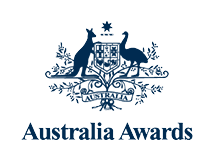Monitoring and evaluating civil society partnerships
Within the development literature, ‘partnership’ is most often used to refer to international or high-income country NGOs partnering with low-income country NGOs, which may be grassroots or small-scale. Much of a ‘north-south’ partnership arrangement centres around funding, meaning accountability arrangements are often reporting and audit requirements (Brehm, 2001). As a result, much of the literature and analysis is heavily biased towards funding and financial accountability. There is a commonly noted power imbalance in the literature, with northern partners controlling the relationship and requiring southern partners to report to them on use of funds. Most partnerships are weak on ensuring Northern accountability to Southern organisations (Brehm, 2001). Most monitoring tools are aimed at bilateral partnerships.
The tools explored in the report are those which evaluate the nature of the partnership, rather than the broader issue of partnership impact. The ‘quality’ of relationships is best described by BOND, in which the highest quality of partnership is described as joint working, adequate time and resources allocated specifically to partnership working, and improved overall effectiveness. Most of the tools use qualitative, perception-based methods including interviewing staff from both partner organisations and discussing relevant findings. There are not many specific tools available, as most organisations rely on generic internal feedback and consultation sessions, rather than comprehensive monitoring and evaluation of relationships. Resultantly, this report only presents six tools, as these were the most referred to by experts.
Full report: Adobe PDF


